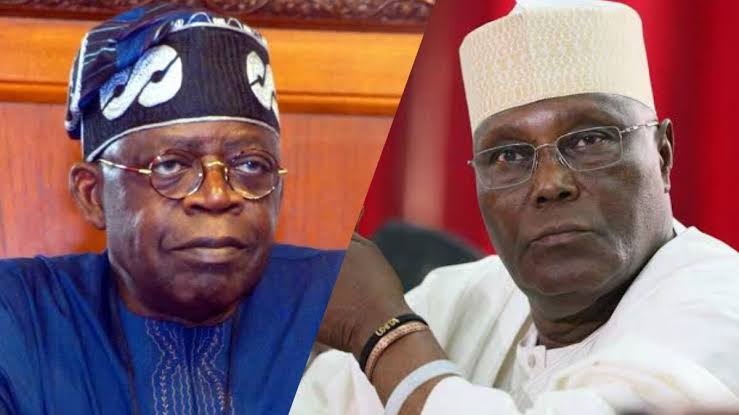The Presidency has fired back at former Vice President Atiku Abubakar, criticizing his advocacy for gradual economic reforms instead of President Bola Tinubu’s direct approach.
In a statement titled ‘Our initial response to Alhaji Atiku Abubakar,’ the President’s Special Adviser on Information and Strategy, Bayo Onanuga, argued that Atiku’s economic ideas would have worsened Nigeria’s situation.
Atiku had described Tinubu’s reforms as “trial-and-error economic policies,” blaming him for the “excruciating pain” Nigerians are suffering. However, Onanuga countered that Atiku’s ideas lacked details and were rejected by Nigerians in the 2023 polls.
*Key Points in the Presidency’s Response*
– _Reforms Yield Positives_: Despite temporary difficulties, the economic reforms have shown positive results.
– _Atiku’s Gradualist Approach_: Atiku’s advocacy for gradual reforms demonstrates his lack of understanding of the enormity of problems inherited by President Tinubu.
– _Fuel Subsidies and Forex_: Tinubu ended fuel subsidies and unified the foreign exchange to address criminal arbitrage and resource waste.
– _Social Safety Nets_: The administration has prioritized social safety nets and targeted support for vulnerable individuals affected by economic transitions.
Meanwhile, the Independent Media and Policy Initiative (IMPI) has supported Tinubu’s reforms, stating they are necessary to prevent Nigeria from economic collapse. The think tank compared Nigeria’s economic situation to Venezuela’s, highlighting the dangers of populist economic policies and poor governance.
*IMPI’s Key Arguments*
– _Nigeria’s Economic Trajectory_: The country’s current economic situation is a consequence of past policies.
– _Venezuela Comparison_: Nigeria’s oil-driven economy and subsidies resemble Venezuela’s, which led to economic ruin.
– _Reform Benefits_: The ongoing reforms indicate a positive outlook for Nigeria’s economy, with potential for job creation and wealth generation.


